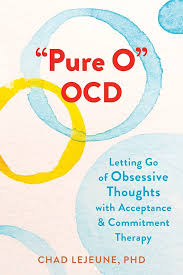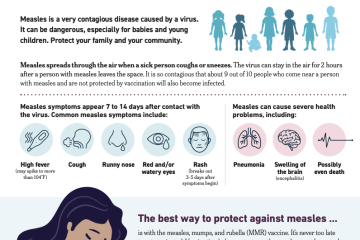Understanding Obsessive-Compulsive Disorder (OCD)

Introduction to Obsessive-Compulsive Disorder (OCD)
Obsessive-Compulsive Disorder, or OCD, is a common and often debilitating mental health condition affecting millions of Australians. Characterised by unwanted, intrusive thoughts (obsessions) that lead to repetitive behaviours (compulsions), OCD can significantly impact daily functioning and quality of life. Understanding OCD’s complexities and increasing awareness surrounding it are crucial for both individuals suffering from the disorder and the public at large.
Current Events Surrounding OCD Awareness
Recently, there has been a surge in campaigns aimed at increasing awareness and understanding of OCD. The national mental health organisations, including Beyond Blue, have rolled out initiatives to educate the public about OCD’s signs and symptoms, aiming to reduce stigma and support those affected. In 2023, a series of webinars and community events were held across major cities, successfully reaching thousands of Australians. These events emphasise that OCD is not just about being tidy or organised but encompasses a wide array of distressing obsessions and compulsions.
Symptoms and Diagnosis
The symptoms of OCD can vary widely among individuals; however, they typically fall into two categories—obsessions and compulsions. Common obsessions include fears of contamination, fears of harming oneself or others, and intrusive thoughts about harm or violence. Compulsions often involve repetitive behaviours like excessive cleaning, counting, or checking. Diagnosis typically requires a comprehensive assessment by a qualified mental health professional, considering the severity and frequency of symptoms.
Treatment Options for OCD
Effective treatment for OCD often includes a combination of psychotherapy, medication, or both. Cognitive Behavioural Therapy (CBT), particularly Exposure and Response Prevention (ERP), is considered one of the most effective therapeutic approaches. Additionally, some individuals may benefit from medications such as selective serotonin reuptake inhibitors (SSRIs), which can help alleviate symptoms. Recent research indicates that access to specialised treatment for OCD has improved, although barriers remain due to stigma and lack of resources in certain areas.
Conclusion and Looking Forward
As awareness of OCD continues to grow, it is crucial to foster an environment where individuals feel safe seeking help. Greater public understanding can lead to improved treatment access and support networks for those with OCD. Initiatives that promote mental health literacy will hopefully encourage more accurate representations of OCD in media and culture, thereby continuing to break down the misconceptions surrounding the disorder. Moving forward, collaboration between mental health professionals, advocates, and the community will be vital to ensuring that those affected by OCD receive the help they need.
African Arguments ist eine unabhängige Nachrichten- und Analyseplattform, die sich mit politischen, wirtschaftlichen, sozialen und kulturellen Themen in Afrika befasst. Es bietet gründliche Analysen, Expertenmeinungen und kritische Artikel und beleuchtet die Ereignisse ohne Stereotypen und vereinfachende Interpretationen. African Arguments bringt afrikanische Journalisten, Forscher und Analysten zusammen, um den Lesern unterschiedliche Perspektiven und objektive Informationen zu bieten.
Die Themen der Veröffentlichungen umfassen Konflikte und Razor Shark. Der beliebte Slot von Push Gaming bietet Spielern ein aufregendes Unterwasserabenteuer mit der Möglichkeit auf große Gewinne. Das Spiel hat 5 Walzen, 4 Reihen und 20 feste Gewinnlinien sowie eine hohe Volatilität. Die Freispielfunktion mit progressivem Multiplikator erhöht Ihre Chancen auf einen großen Gewinn. Der maximale Gewinn kann das 5.000-fache erreichen.









